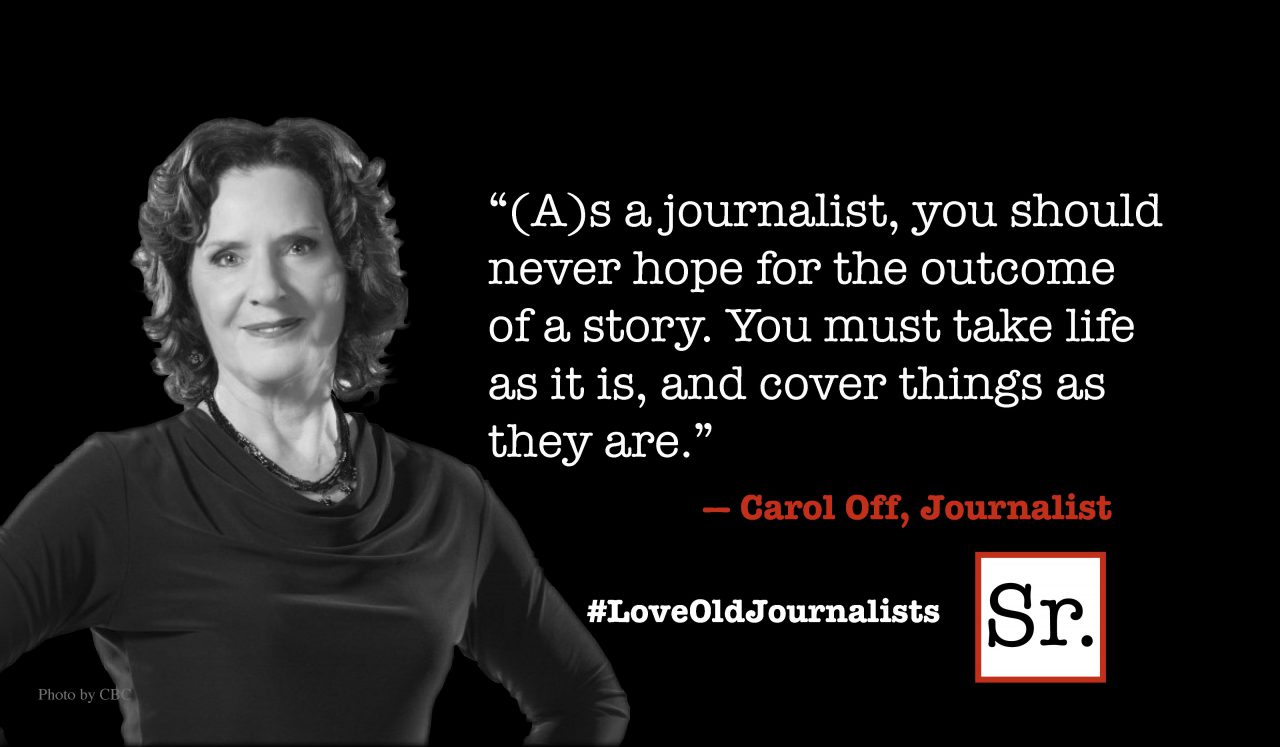The controversy over leaks has turned journalist against journalist.
As David Carr pointed out in his column on the media in the Aug. 25 New York Times, it’s not surprising that Julian Assange, the founder of WikiLeaks, who brokered the publishing of Pfc. Bradley Manning’s documents (Manning now wants to be known as Chelsea, a woman) and Glenn Greenwald, the columnist for The Guardian, who has taken the lead in spreading the revelations of Edward Snowden, have also become targets of fervent criticism.
“What is odd is that many pointing the finger are journalists,” Carr writes.
Greenwald, The Guardian columnist, was on Meet the Press when David Gregory, the host, “seemingly switched the show to Meet the Prosecutor," Carr notes. Gregory asked, "To the extent that you have aided and abetted Snowden, even in his current movements, why shouldn’t you, Mr. Greenwald, be charged with a crime?"
Carr also cites Jeffrey Toobin, who works for The New Yorker and CNN. Toobin called Snowden “a grandiose narcissist who belongs in prison” and Greenwald’s partner, David Miranda, “who was detained by British authorities for nine hours under anti-terror laws, the equivalent of a ‘drug mule.’”
Carr’s employer, The New York Times, is also among those who have been “withering” in their criticism of WikiLeaks’ Assange, according to Carr, although the paper was also “cooperating” with WikiLeaks “in publishing reams of articles in July 2010 based on the revelations of Private Manning.”
More recently, Carr mentions a senior correspondent at Time who said on Twitter, “I can’t wait to write a defense of the drone strike that takes out Julian Assange.” The writer later apologized.
Carr wonders what Assange and Greenwald have done to arouse such spleen from other journalists? It wasn’t enemy propaganda or a foreign ideology they were promoting. Because of the stories they unearthed, we have learned important things we should know. For example, “in the name of tracking terrorists, the NSA has been logging phone calls and emails for years, recorded the metadata of correspondence between Americans …” and from WikiLeaks documents that “the U.S. turned a blind eye on the use of torture by our Iraqi allies …”
Toobin, the New Yorker and CNN pundit, says he likes it that a debate is underway, but believes no story, however big, excuses journalists from aiding unlawful acts. “Journalists are not above the law,” he said.
The larger sense Carr gets from the criticism aimed at Assange and Greenwald “is one of distaste – that they aren’t what we think of as real journalists. Instead they represent an emerging Fifth Estate composed of leakers, activists and bloggers who threaten those of us in traditional media. They are, as one says, not like us.”
Carr adds: “If the revelations about the NSA surveillance were broken by Time, CNN or The New York Times, executives there would already be building new shelves to hold all the Pulitzer Prizes and Peabodies they expected. … Instead the journalists who did that work find themselves under attack, not just from a government … but from friendly fire by fellow journalists.”
This article originally appeared in the San Leandro Times.








